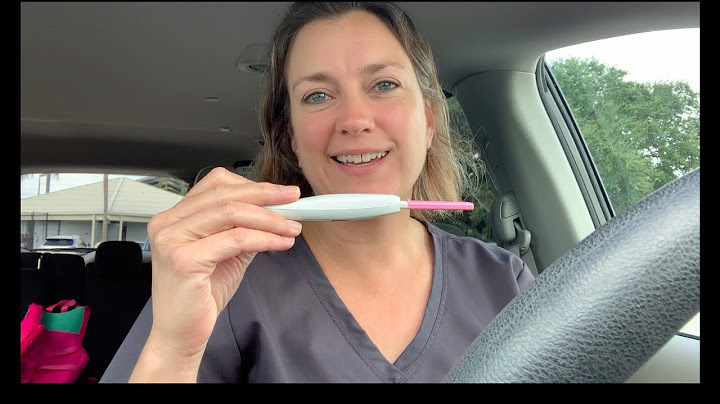 Show Fast-rising home values have more homeowners sitting on newfound home equity. Home equity is the current value of a home minus the amount of mortgage debt against it. Over the course of 2017, the amount of equity borrowers could take out of their homes, or so-called tappable home equity, rose by $735 billion, the largest annual increase by dollar value on record, according to Black Knight. This brought the collective amount nationwide to $5.4 trillion, which is 10 percent more than at the pre-recession peak in 2005. Home equity represents valuable savings, but it can also be a valuable finance tool. Homeowners often tap it to pay for other expenses, like education, home repairs or remodeling – or to pay off other, more expensive debt. So what is the best way to do it? First, remember that most lenders require you to keep at least 20 percent equity in your home, just as a cushion in case home prices fall. If you don't have more than 20 percent equity, then you are unlikely to qualify. If you do have at least 20 percent, the most common ways to tap the excess equity are through a cash-out refinance or a home equity loan. For a cash-out refinance, you refinance your current mortgage and take out a bigger mortgage. For example, let's say your home is worth $100,000 and you have a $40,000 mortgage on it. Remember, you have to keep 20 percent in, so $20,000. That means you have $40,000 in equity to tap. You refinance your current mortgage to up to $80,000. Pay off the old loan and have $40,000 left in cash. This is a good plan if interest rates are currently lower than the rate you have on your old mortgage. If not, a home equity loan might be a better option. A home equity loan can be a second loan on your home. So you keep the first mortgage and take out another. You can do this in a lump sum or a home equity line of credit, which is like a checking account on your house. Lenders call these HELOCs for short. You only pay interest on what you take out. Home equity loans can be interest only, but after 10 years you have to start paying principal. There will be fees for all of these options, and the more money you take out, the higher your monthly payment will be. Make sure you can swing it. A house can be a great finance tool, but it's also a great way to save equity for the future. Equity release refers to a range of products letting you access the equity (cash) tied up in your home if you are older. You can take the money you release as a lump sum or, in several smaller amounts or as a combination of both. Equity release optionsThere are two equity release options.
Lifetime mortgagesMost people who take out equity release use a lifetime mortgage. Usually you don’t have to make any repayments while you’re alive. Instead, interest is ‘rolled up’, which means the unpaid interest is added to the loan. This means the debt can increase quite quickly over a period of time. However, some lifetime mortgages do now offer you the option to pay all or some of the interest, and some let you pay off the interest and capital. In the same way ordinary mortgages vary from lender to lender, so do lifetime mortgages. Find out the answers to the following questions when you’re looking into getting a lifetime mortgage
Home reversionHome reversion allows you to sell some or all of your home to a home reversion provider. The provider effectively co-owns your home, unless you've sold the whole property, but you keep the right to live there for the rest of your life, potentially rent-free. In return you’ll get a lump sum or regular payments. You’ll normally get between 20% and 60% of the market value of your home (or of the part you sell). When considering a home reversion plan, you should check:
What level of maintenance you’ll be expected to carry out and how often your property will be inspected (this could be every few years). Things you need to know about equity releaseEquity release might seem like a good option if you want some extra money and don’t want to move house. But, there are some reasons why equity release might not be the best fit for you.
Is releasing equity the right option for you?Whether equity release is the right option for you depends on your circumstances such as:
When releasing equity, it’s tempting to focus on the immediate boost you will get from the money you unlock, but you need to look at how it will affect your future choices and financial situation in later life. Getting adviceIf you’re thinking of taking out an equity release product, you should take financial advice from an independent financial adviser. They'll be able to suggest a plan suitable for your needs by researching all the products on the market. All advisers recommending equity release schemes must have a specialist qualification. Check your adviser
Before you decide whether or not to take out an equity release product, ask the adviser:
Was this information useful? Thank you for your feedback. We’re always trying to improve our website and services, and your feedback helps us understand how we’re doing. Share this with Copy this link  Looking for us? Now, we’re MoneyHelper MoneyHelper is the new, easy way to get clear, free, impartial help for all your money and pension choices. Whatever your circumstances or plans, move forward with MoneyHelper. Continue to website Do not show this message again for Money Advice Service  Looking for us? Now, we’re MoneyHelper MoneyHelper is the new, easy way to get clear, free, impartial help for all your money and pension choices. Whatever your circumstances or plans, move forward with MoneyHelper. Continue to website Do not show this message again for The Pensions Advisory Service  Looking for us? Now, we’re MoneyHelper MoneyHelper is the new, easy way to get clear, free, impartial help for all your money and pension choices. Whatever your circumstances or plans, move forward with MoneyHelper. Continue to website Do not show this message again for Pension Wise |

Related Posts
Advertising
LATEST NEWS
Advertising
Populer
Advertising
About

Copyright © 2024 en.idkuu.com Inc.


















